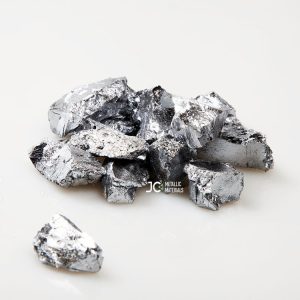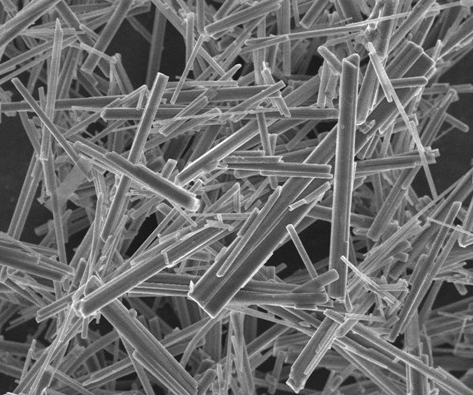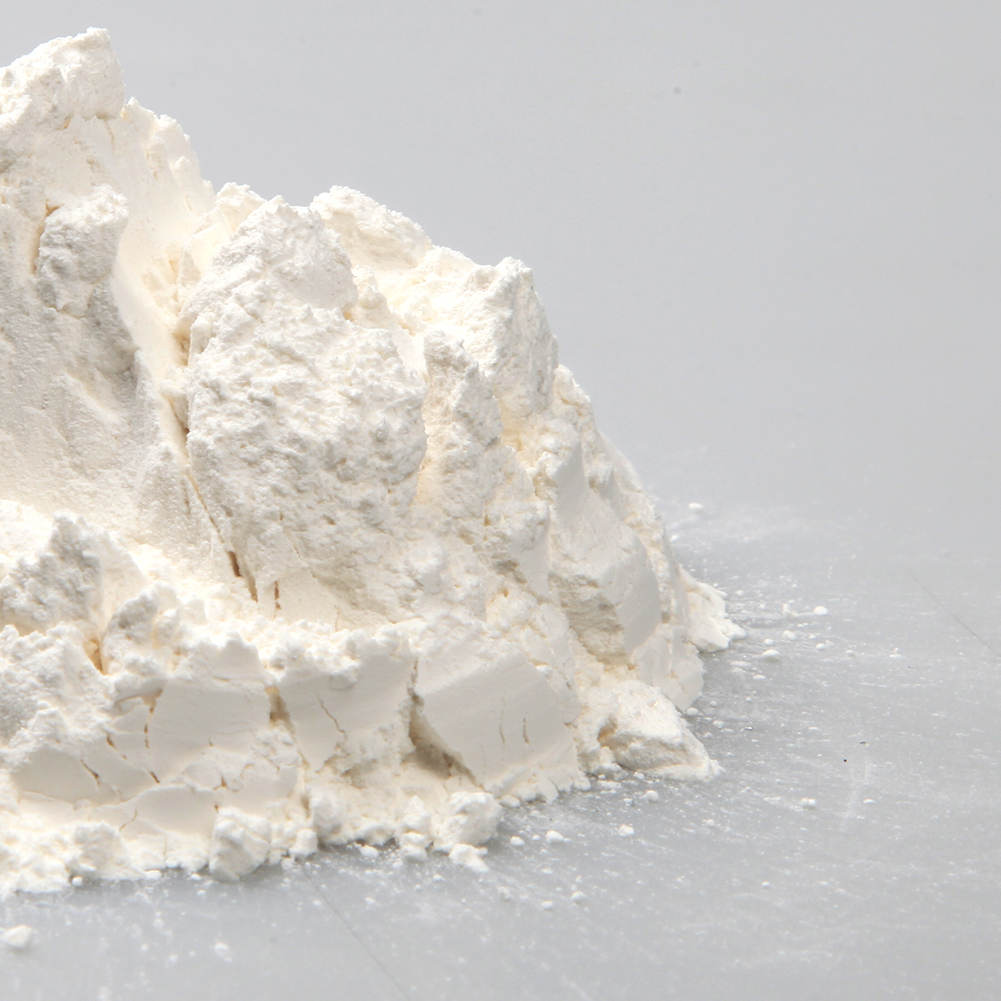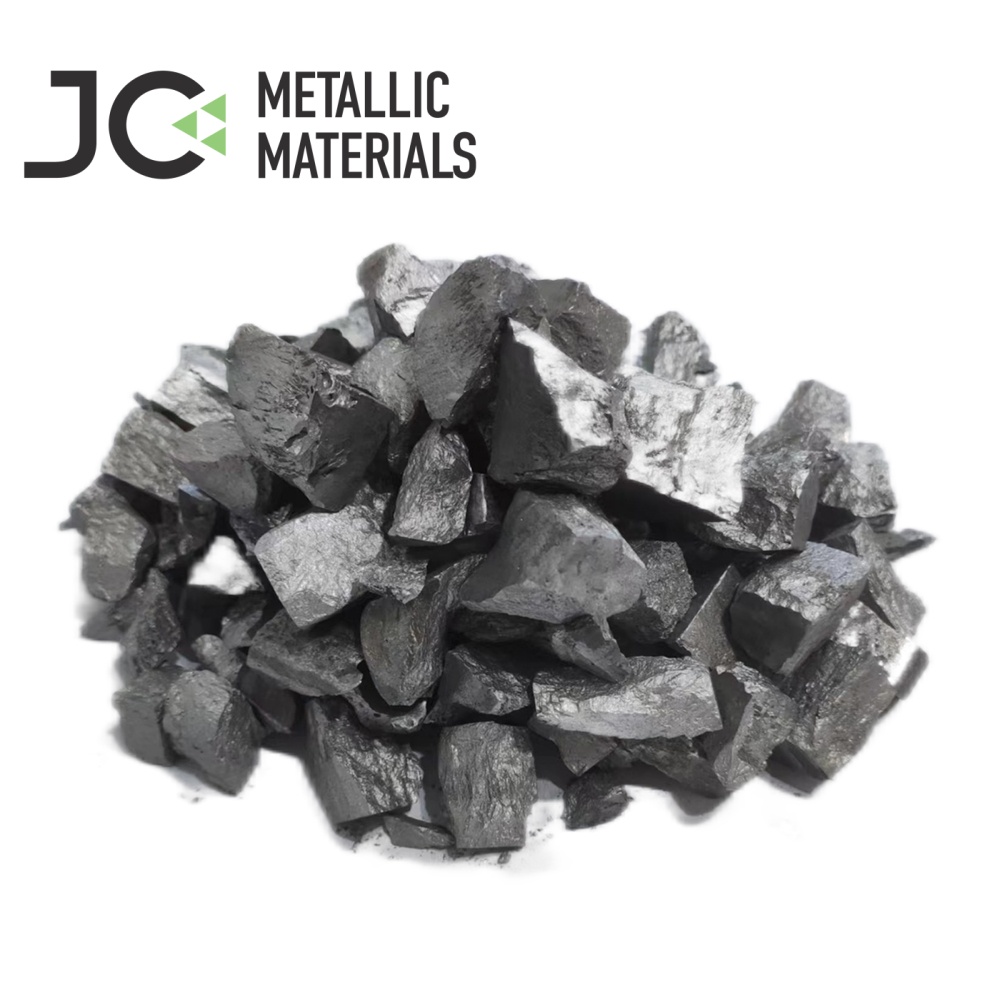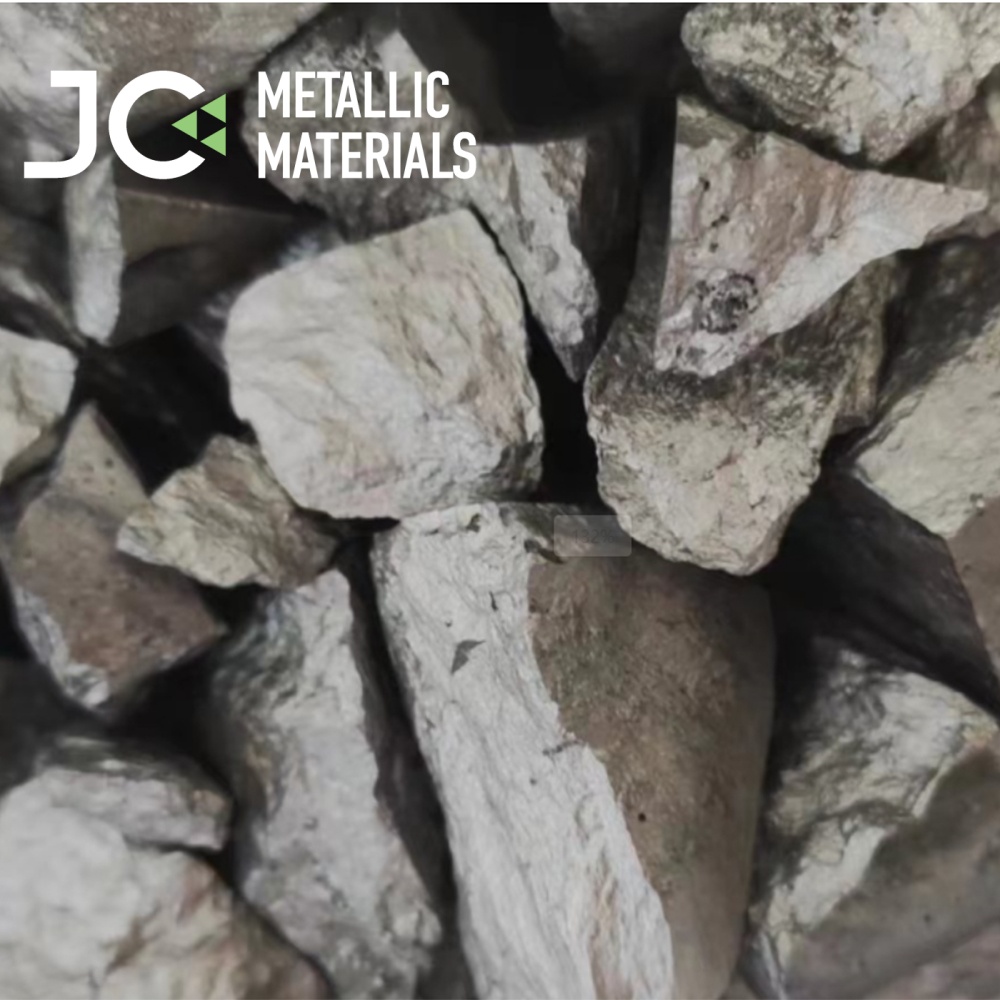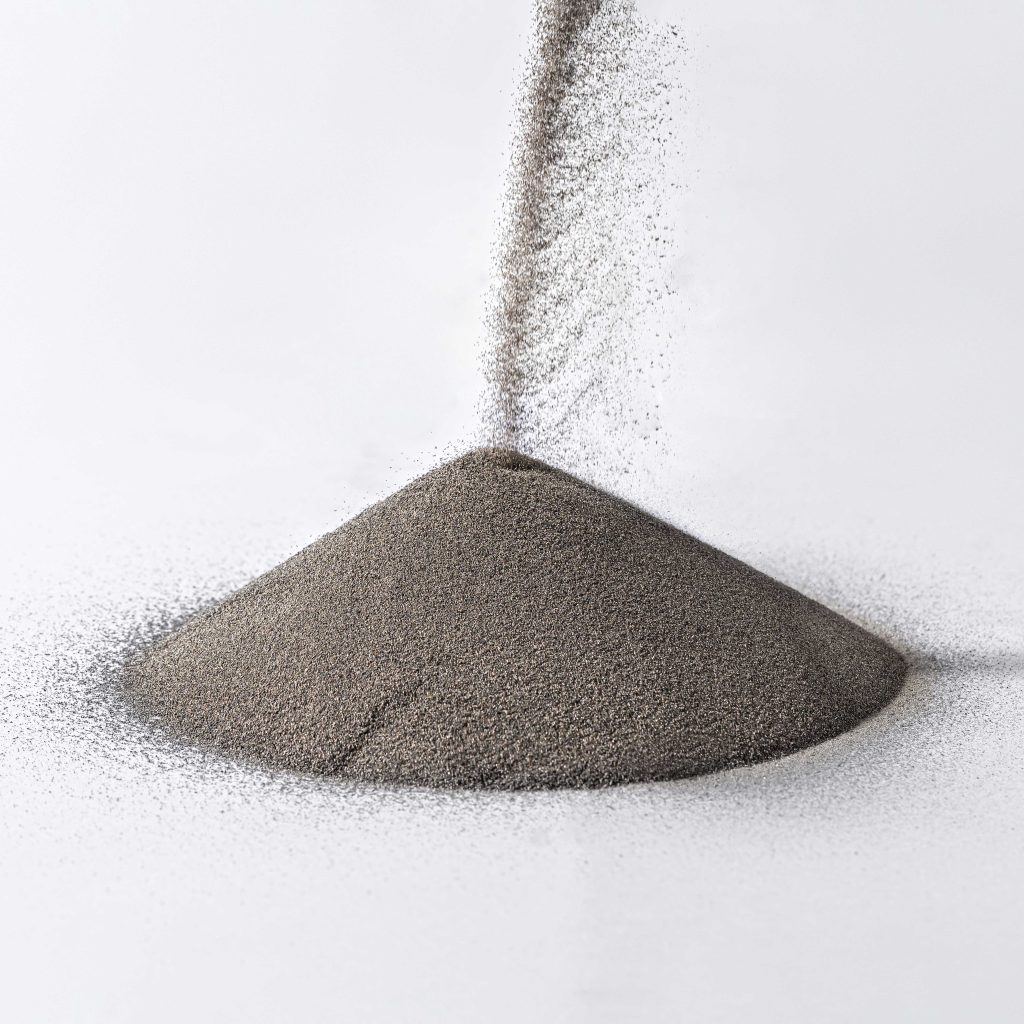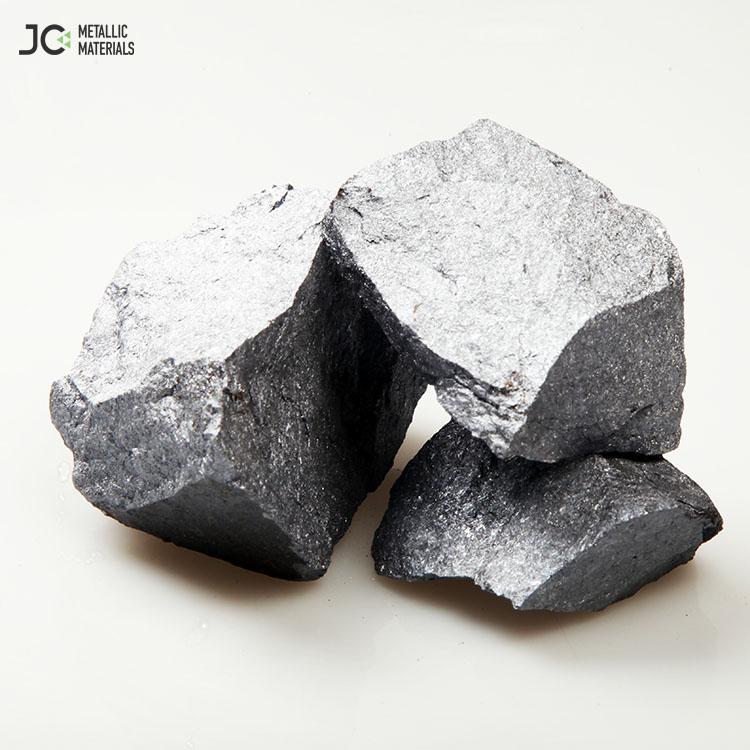
Chromium Metal: Properties, Production, and Uses
Chromium metal is a strong, silver-grey element distinguished by its great corrosion resistance, hardness, and high melting point. It is essential for improving the performance and durability of stainless steels and other specialty alloys. It is used widely in environments that are exposed to chemicals, moisture and high temperatures because it can form a protective oxide layer. The chromium’s brightness and resistance to wear make it a valuable coating for decorative and industrial purposes.
China is the largest producer and exporter of chromium metal. Chinese manufacturers are able to offer low-cost pricing, a stable supply chain, and high-purity products due to their advanced metals infrastructure.
This guide will explain why the chromium meta is so important. Chengdu Jinchun Metallic Materials Co. Ltd. is one of China’s leading producers. We will cover its properties and applications, the manufacturing process, product grade, and why Chengdu Jinchun is a global leader in this field.
Why do you choose Jinchun?
Chengdu Jinchun is a Chinese professional supplier that specializes in high-purity metals, chromium, powders, and other advanced materials.
- More than 15 years of experience in metallurgical expertise
- ISO-certified and strict quality control
- Customized bulk orders for the aerospace, alloy and coating industries
- Exports to Europe, Southeast Asia and North America are strong.
What is Chromium Metal?
Chromium metal is widely used in the metallurgical process. Its symbol is Cr and atomic number is 24. Chromium was discovered in 1797 and quickly became an industrially important metal due to its unique ability to create a passive oxide film on surfaces. This makes materials highly durable and resistant to rust.
In its purest state, chromium metal can be brittle and extremely hard. Its melting point is 1,907°C. This allows it to perform well in high-temperature conditions.
Properties of Chromium Metal
Chromium is a highly valuable metal in industries that require high performance.
1: Excellent Corrosion Resistance
The chromium forms a passive film of oxide that protects surfaces from corrosion and chemical degradation. It is therefore highly valued in outdoor, marine, and chemical applications that are constantly exposed to moisture.
2: High hardness and mechanical strength
Chromium is a very strong metal, with a Mohs hardness of 8.5. Chrome increases the durability of mechanical components, such as ball bearings and tools that are constantly subjected to friction and pressure.
3: High melting point and Thermal Stability
Chromium is a metal that can tolerate extreme temperatures. It melts at a temperature of around 1907°C. It can be used in environments with high temperatures, such as foundries, turbines and furnace linings, without breaking down or deforming.
4: Attractive Reflective Surface
The chromium metal is polished to a shiny, mirror-like surface. This property is used in chrome plating for decorative purposes, consumer goods, and automobile trims.
Chromium Metal Production
Production methods for chromite, from ore to refined metals, vary depending on purity and industrial application.
1: Chromite Ore Extraction
The chromite mineral (FeCr₂O₄) is the source of chromium. It is mined in South Africa and India. The ore must be crushed and concentrated before it can undergo chemical or thermal reduction.
2: Aluminothermic Reduction
This process uses aluminium as a reducing substance to convert chromium dioxide into pure metallic chrome. This technique is fast and efficient, and it’s especially useful when producing high-purity alloys for aerospace and military applications.
3: Electrolytic Refining to Ultra-Purity
The electrolytic refinement process uses an electric current to purify the chromium up to a level of over 99.5 percent. It is essential for electronic components, high-performance alloys and other products that require metals with minimum impurities.
4: Vacuum Arc melting (VAR) of Alloys
VAR is used to manufacture special alloys of chromium. Chromium alloys are melted in a vacuum to remove impurities and guarantee uniform distribution.
Chromium Metal Uses
Chromium improves performance, durability and aesthetics in multiple global industries.
- Stainless Steel Manufacturing:It is a vital element in stainless steel and typically makes up 10 to 20% of the alloy. It improves structural steel’s strength and durability while providing corrosion resistance.
- Electroplating and decorative finishes:The chromium plating provides a smooth, shiny surface that is resistant to tarnish. This is commonly used on vehicle parts, appliances, and tools to improve appearance and prevent degradation.
- Superalloys in Aerospace and Energy: These alloys are also used in high-performance mechanical components, such as jet engines and power turbines. These superalloys retain their integrity even under high heat and mechanical stress.
- High-Temperature Refractory Materials:In refractory bricks, kilns and incinerators, compounds containing chromium are used. These materials are resistant to thermal shocks and chemical wear.
- Preservatives and catalysts: Chromium compounds, such as chromium dioxide, are widely used as catalysts for chemical reactions, green pigments, leather tanning and wood preservation.
How to Choose a Chromium Metal: A Quick Industrial Buyer’s Guide
Chromium is a corrosion-resistant and hard metal widely used in industries such as aerospace alloys and advanced metallurgy. The right type of chrome is crucial for product performance, cost efficiency, and long-term dependability.
1: Understanding Your Application
Determine your use case first. If you are using chromium to electroplate, it is best to use high-purity powder or flakes. However, stainless steel may require granules or even lumps. The aerospace and electronic industries require chromium with a 99.5%-99.9% purity.
2: Purity and Form are Important
Chromium is available in different forms and purities.
- Industrial Grade (99.0%): It is suitable for general metallurgy
- High Purity (99.5%): Ideal for electronics and plating
- Ultra-Pure (99.99%): Used in superalloys, high-temperature environments and other extreme conditions
Choose between powder, lumps or flakes based on the process you need.
3: Select a Trusted Supplier
A reputable supplier ensures safety, quality, and export-readiness. Chengdu Jinchun Metallic Materials Co., Ltd., a Chinese supplier of aluminothermic metal and electrolytic chrome.
4: Think about packaging & safety
Ensure that chromium metal products are packed in vacuum bags or drums with the proper documentation, such as MSDS and COA, to ensure international compliance.
Final Thoughts
Understanding the properties, production techniques, and uses for chromium helps manufacturers, engineers, procurement teams, and other stakeholders make informed decisions.
Chromium is a material that has proven to be a cornerstone for innovation and excellence in the industrial sector as global demand for functional and durable materials increases.
https://www.jinchunmetal.com/?s=Chromium+Metal
